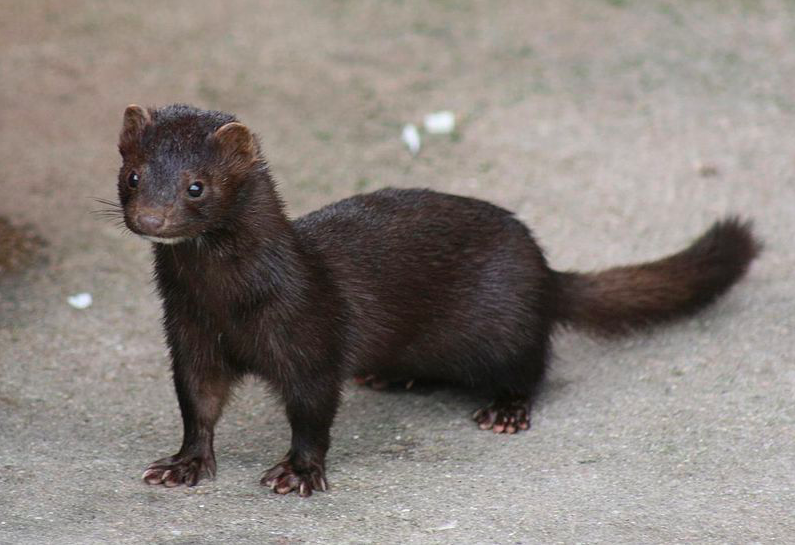The Minister for Agriculture, Carola Schouten, says it is plausible that coronavirus has spread from a mink to a person, NOS reports.
In April, it came to light that several mink farms across the country had been infected with coronavirus. At that point, it wasn’t clear that the virus could be transmitted from mink to human, though the opposite had clearly already occurred.
Now, it is likely that a worker at a mink farm in the Netherlands has been infected with coronavirus by a mink. Minister Schouten confirmed that there are similarities between the virus that the minks have on a particular farm and the virus that an employee has been infected with. This would be the first time in the Netherlands that a human had been infected by an animal with coronavirus.
Extra protective measures at mink farms, but no exterminations yet
This development has naturally made extra protective measures at mink farms necessary. Employees already had to wear protective clothing, but now there will be screening for the virus in all companies that breed minks, and no visitors will be allowed.
Schouten wants to avoid exterminating the minks if at all possible. It is not possible for the virus to spread into the air around the pens where the minks are kept, so the danger to the public should be minimal.
Research on other animals transmitting coronavirus continues
Research is also underway on other farm animals to see if they can be infected with the virus, and even more crucially, to see if they can transmit it to humans. Pigs are particularly under consideration here, but Schouten was quick to emphasise that no human has been infected by pigs, and no pigs have been infected yet with the virus.
It is known that pets can be infected with the virus, specifically cats and dogs. Like humans, cats and dogs should stay home until they recover from the virus. You should speak to your vet if you have concerns about your pet’s health.
Are the current protective measures at mink farms enough, or is it time to start thinking about more extreme solutions? Let us know in the comments below.
Feature Image: Pdreinders/Wikimedia Commons



